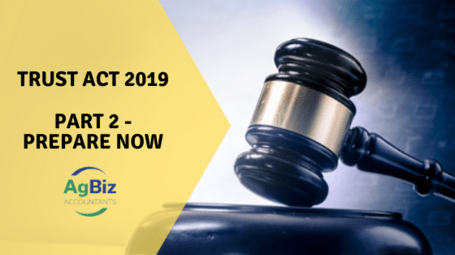Welcome to part 2 of our Trust Act updates – what you need to do now to prepare for the new Act. Part 1 of our series of articles, covered an overview of the new Act and can be read here.
The new Act commences from 31 January 2021 and its application will be different for each trust depending on the nature, assets, and purpose for the trust.
Please contact us now if you would like to discuss the purpose of your Trust with us, ensure it meets your needs moving forward (in conjunction with these new changes) and how the new changes may affect you.
Review Trust Deed
We recommend you review the trust deed in conjunction with the following questions (not exhaustive). The answers need to be considered based on your individual circumstances and specific information. An answer for one trust may be different from another trust because of different circumstances, intentions, or risk exposure.
What were the intentions of the original settlor, are they still relevant, have the intentions changed, is the trust still fit for purpose?
Do you have a mirror or parallel trust? Should they still exist, can or should they be resettled?
Are there any tax implications that need to be considered if the trust was wound-up or resettled (future potential tax liabilities such as depreciation recovery)?
Should the trust period be extended to 125 years?
Do any new beneficiaries or classes of beneficiaries need to be adjusted? Should any of the beneficiaries be excluded?
Is an independent trustee required?
Who has the power to appoint and remove the trustees? Is this person appropriate? How broad is the power?
Does the trust can distribute income of capital and who has the power to make these decisions?
Core documents for the Trust
Each trustee must at lease hold the trust deed and its variations. Questions and actions to consider:
Establish and maintain a register of core documents and decide who is responsible for maintain and updating the register
Ensure each trustee has a copy of the trust deed and any variations to the deed
Note all changes to trustees
Ensure each trustee hold all financial statements for the trust
Ensure financial records (such as bank statements, reports from financial advisers are kept)
Ensure the trust minute book is kept up to date
Maintain a separate register of beneficiary information and provide them with basic trust information
Has the trust kept all written contracts that the trust has entered?
Any other documents that are necessary for the administration of the trust that do not fall into other categories
We can help you with this process and ensure that the trust is compliant with the new Act.
Contact Us
Please contact us if you would like to discuss the purpose of your Trust with us, ensure it meets your needs moving forward (in conjunction with these new changes) and how the new changes may affect you. We are happy to help. We have also published more information about:
Part 1: Overview of the New Act
Contact Tim Doyle or Jane Evans today to discuss your business continuity planning needs on 07 823 4980 or contact us. Our office is in Cambridge, NZ, but distance is no problem. We have many international and national clients.
This material has been prepared for informational purposes only, and is not intended to provide, and should not be relied on for, tax, legal or accounting advice. You should consult your own tax, legal and accounting advisors before engaging in any transaction.



